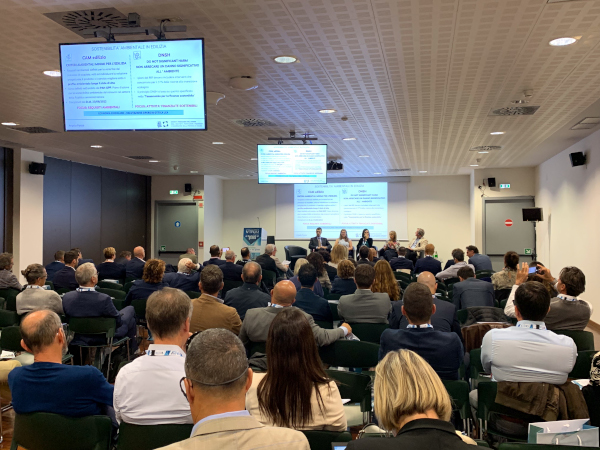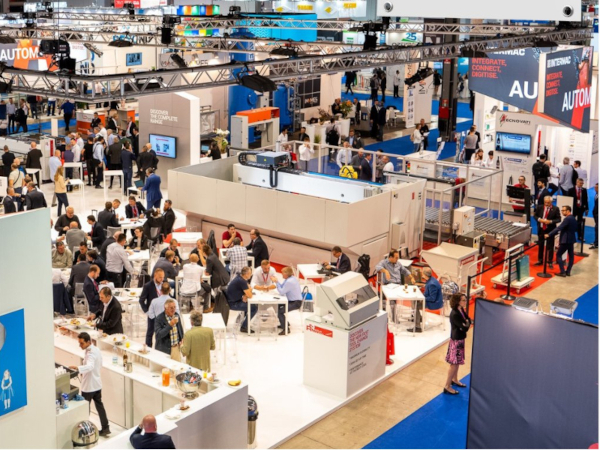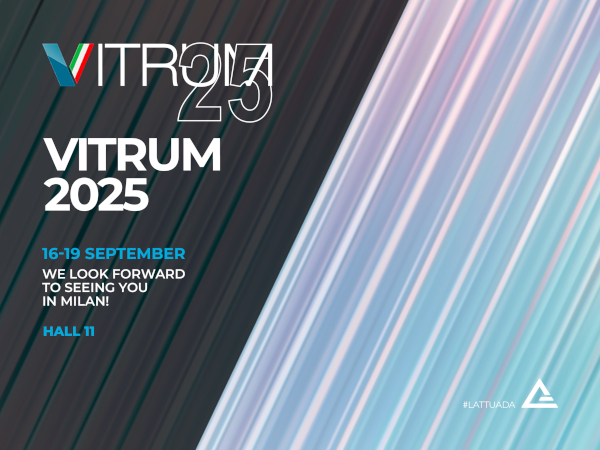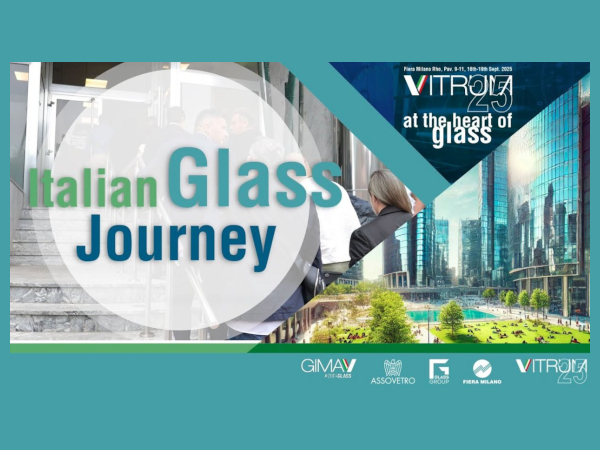Date: 5 January 2011
This is the case of OCMI-OTG and its CEO-CFO, Tommaso Gusti, the young manager and example of the new generation at the helm of a family business. He prepared to make his contribution with a brilliant university degree program and extensive, educational experience in multinational corporations.
 With a strong background in overseas business, Tommaso Gusti is now Chief Financial and Executive Officer of OCMI-OTG, the paradigm for a medium-sized Italian business that has perfectly integrated the essence of a family business with the ongoing quest for technological excellence, an absolute requirement for success.
With a strong background in overseas business, Tommaso Gusti is now Chief Financial and Executive Officer of OCMI-OTG, the paradigm for a medium-sized Italian business that has perfectly integrated the essence of a family business with the ongoing quest for technological excellence, an absolute requirement for success.
Mr. Gusti, Today, Ocmi Group is an industry leader in the manufacture of systems and machinery for processing hollow glass. Can you give us a quick run-down of the activities conducted by the various companies in the Group?
The business model for OCMI-OTG follows the pattern of "Multinazionali Tascabili" (pocket multinationals) mentioned by Professor Marco Vitale in an article in Economy in 2005. That is:” SMEs with strict family control, that occupy a prominent international position in their sector and have achieved a presence, stature, and global organization for themselves”.

OCMI-OTG is, in fact, a small company (fewer than 250 employees and less than €60 million in sales) that exports almost 90% of its production and has a share in 4 companies -- two are controlling interests, almost all of them are located in foreign countries.
The company currently has two manufacturing sites – one in Milan and one in Chelles Gournay (France).
The core business is broken into two divisions: one for manufacturing special made-to-order reduction gears and overgears (specifically for applications in the oil and gas industries), these products are sold under the OTG brand; the other is focused on manufacturing systems for the glass processing industry. In the latter case, there are two reference sectors: one for hollow glass processing -- its products are sold under the OCMI brand; and one for manufacturing systems for glass tube processing -- its products are sold under the OCMI and Moderne Mecanique brands. 
Has the company's complexity, crucial to being able to compete in the global market, made it possible for the partners to retain the company's character as a family business? Do you consider this characteristic an advantage or a handicap?
I believe the complexity of the corporate structure and the presence of the family in the company and/or in its capital are two separate and distinct dimensions. The first is a function of the size of the company, a variable that I feel is critical in a competitive and globalized sector like that of systems production; the ability to invest, to innovate, and to attract talent – indispensable to a successful business – depend on it. The second, on the other hand, depends on the quality of the people and can influence the development of the company in a positive or in a negative manner.
Despite your young age, you play a key role as CFO and CEO in the life of the company: did your specialization studies and professional training take your future destination into account from the very start?
My academic and professional pursuits have always been dictated by passion. The countries and the environments I worked in were always choices I made, and I am especially proud of this because the decision to work in the family business was based on curiosity and my desire to measure up to a new challenge, and not on needs relating to my life or, even worse, choices made by others. Managing a company either as an entrepreneur or as a manager is first and foremost a task that brings with it enormous responsibility to both the shareholders and to the stakeholders.
So, it would seem obvious that it should be neither an induced choice nor an inherited one, but rather undertaken consciously and with a sense of duty.
Your valuable experience working abroad has put you in an excellent position to be able to assess the differences, if any, that exist in education and the possibility to build your own career in Italy and in the rest of Europe, or the world. What impressed you the most?
Working abroad was the best thing that could have happened to me. Especially since I had the advantage of working for companies that excel in the areas of training and corporate culture. Once again, I think it is too simplistic to state that working overseas guarantees a faster track or higher-paid career. I do feel that one’s work career is chiefly related to the learning opportunities one has and to the possibilities a company offers to take on responsibility and to grow.
Small Italian firms are often underrated from this standpoint, but on the contrary, in my opinion they offer young people the opportunity to start out working independently right away, and to take on significant responsibilities fairly quickly. Furthermore, they offer their employees the opportunity to observe the decision-making process up close and, frequently, the decisions being made are strategic decisions. The only aspect I allow myself to criticize is the ability of entrepreneurs to train their staff. Due to the daily workload and to facilities often pushed to the limits of optimization, there just isn’t time to teach or explain nor, above all, to work alongside the employees, especially the young ones. This is a shame, because it penalizes small businesses that would actually be excellent ‘schools’ of business.
It is said that one of the problems Italian companies encounter most often is that of managing to harmoniously incorporate individual talent in a truly efficient, high-profile team. What advice would you offer a recent graduate who, depending on their major or specialization, wanted to learn to develop their own abilities as part of a stimulating and educational team?
That's a complicated question. There is no effective advice that makes it possible to choose a stimulating environment in advance. What I would say is that, especially on a first job, but also further along in one's career, it is the people you work with who make the job intellectually and practically stimulating. Certainly, experience abroad is very important, because, aside from the inherent professional interest, it offers an incredible opportunity to enrich one's personal life. The second piece of advice might be related to the job interview where, in my opinion, we do not only go to be interviewed but also to do the interviewing. It's important to have the opportunity to know the person with whom you will be working or who will be supervising your work.
The third piece of advice is to always follow your own dream, even if it sometimes takes you down unusual paths or into programs not highly publicized by the universities. Being an original thinker always pays off. The fourth, and last, piece of advice is to always stay in touch with your own university and plan for 'going back to the books' at a certain point in your career. This makes it possible to refresh your ideas and, above all, to open your eyes, through contact with other professions, in the job market, and in general.
Far from being over, the financial and economic crisis is being drawn out perhaps even longer than predicted. In your opinion, will all this effectively accelerate the process (already under way for some time now) of the transfer of wealth, technology and skills from the West to the East?
I believe the current financial crisis has not altered, and more importantly, was not caused by, the process of globalization that involved both the transfer of technologies with limited IRR and of related skills.
What amazes me is the lack of awareness of the fact that the only way to profit from this centuries-old trend is through investment in innovation. Often, by innovation we mean only that process aimed at creating a new product, while we need to take into consideration the fact that processes and corporate structures can also be the object of innovation. The latter might make it possible to generate greater productivity, with a resulting increase in profitability, which, in turn, brings additional investment, triggering a virtuous circle that sets a company on a path to sustainable, healthy growth.







Add new comment